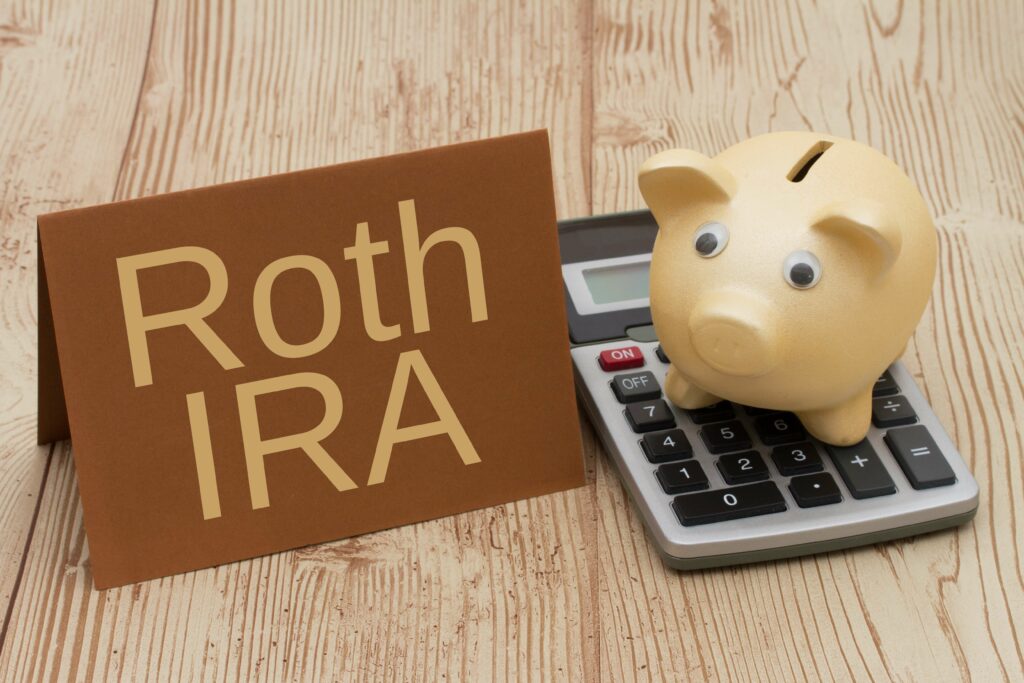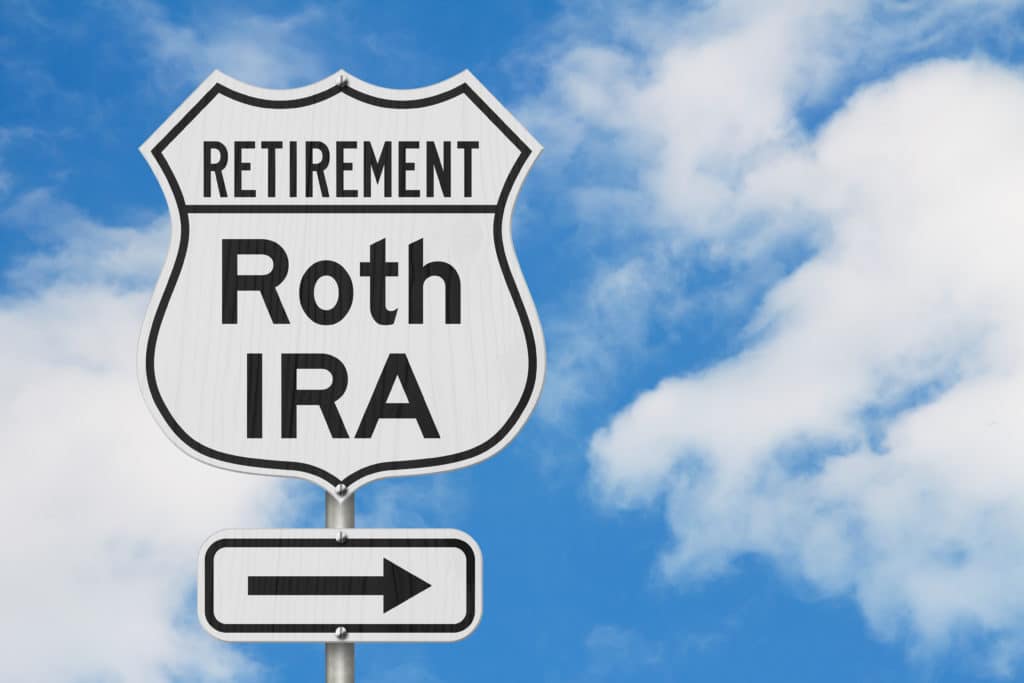Self-Directed IRA vs. Roth IRA: A Quick Guide
Written By: Daniel Gleich
Key Points
- Roth IRAs offer tax-free distributions during retirement and are therefore a compelling option for those expecting to be in a higher tax bracket in the future.
- When a Roth IRA is self-directed, it allows for alternative investments beyond Wall Street products.
- If you’re considering a Self-Directed Roth IRA, Madison Trust can help streamline the process of opening your account.

Retirement planning is exciting when you consider and explore all the possibilities. Among the various options available, you might have heard about a Roth IRA and its unique tax-free advantage. But what about a Self-Directed Roth IRA? In this article, we’ll outline the differences between a Roth IRA, a Self-Directed IRA, and how they can come together to form the concept of a Self-Directed Roth IRA. We’ll also briefly bring a Traditional IRA and a Self-Directed Traditional IRA into the conversation so you can explore all four options.

What Is a Roth IRA?
A Roth IRA is a retirement savings account that offers a powerful tax advantage. With a Roth IRA, your contributions are made with after-tax dollars. The tax benefit happens during qualified withdrawals, which are tax-free since you’ve already paid taxes on the contributions. After age 59 ½, withdrawals are tax-free as long as you’ve had your account for at least five years. Withdrawals taken before that age will typically be subject to taxes and penalties unless an early withdrawal exception is granted. When used correctly, a Roth IRA can allow you to enjoy your hard-earned savings without the burden of additional taxes. This feature is why Roth IRAs are particularly appealing to individuals who anticipate being in a higher tax bracket during retirement.
What Is a Self-Directed IRA?
A Self-Directed IRA (SDIRA) allows you to diversify your retirement portfolio with the flexibility to invest in real estate, private businesses, precious metals, promissory notes and other alternative assets. Meanwhile, a standard IRA is typically limited to stocks, bonds and mutual funds. All IRAs are governed by the same IRS rules and framework. The main difference between a Self-Directed IRA and a standard IRA is in the asset types available.
Like a standard IRA, you can choose to open a Self-Directed IRA as a Self-Directed Traditional IRA or a Self-Directed Roth IRA. With a Self-Directed IRA, you can choose the path of tax-deferred or tax-free growth.
What Is a Self-Directed Roth IRA?

Now, let's introduce the concept of a Self-Directed Roth IRA. As the name suggests, this type of IRA combines the tax-free benefits of a Roth IRA with the investment flexibility of a Self-Directed IRA. The fundamental structure remains the same—you contribute after-tax dollars, and your qualified distributions in retirement are tax-free. However, with a Self-Directed Roth IRA, you have more asset types available to be held within your IRA than you would with a standard Roth IRA.
When you're interested in a Self-Directed Roth IRA, you have two primary paths to consider. You can open a classic Self-Directed Roth IRA in which you will instruct your custodian to facilitate your investment transactions at your direction. Alternatively, you can establish an IRA LLC or IRA Trust to upgrade your Self-Directed Roth IRA to a Checkbook IRA. This setup gives you checkbook control so you can write checks and send wires from a checking account tied to your IRA. Learn more about the process and advantages of opening a Self-Directed Roth IRA whether with or without checkbook control.
What About Traditional IRAs?
While Roth IRAs offer tax-free distributions, Traditional IRAs provide upfront tax benefits. Contributions to a Traditional IRA are often tax-deferred and can help lower your taxable income in the short term. However, when you withdraw funds in retirement, those distributions are subject to income tax.
Just as a Roth IRA can be self-directed, so too can a Traditional IRA. By self-directing your Traditional IRA, you can pursue a world of investment opportunities while benefiting from the tax advantages of the Traditional IRA structure.

Which Option Is Right for You?
Your ideal retirement account ultimately depends on your investment goals and financial situation. A Roth IRA might be a great fit if you anticipate being in a higher tax bracket during retirement and want tax-free distributions. If you're interested in alternative investments and the freedom to shape your portfolio, a Self-Directed could align with your strategy. If you're intrigued by both the tax benefits of a Roth IRA and the investment possibilities of a Self-Directed IRA, a Self-Directed Roth IRA could be the right fit all around.
At Madison Trust, we understand that your retirement planning is unique to you. If a self-directed is the route you choose, let us be your Self-Directed IRA custodian of choice. See why thousands of clients come to us for exceptional service and for their exciting investment opportunities.










